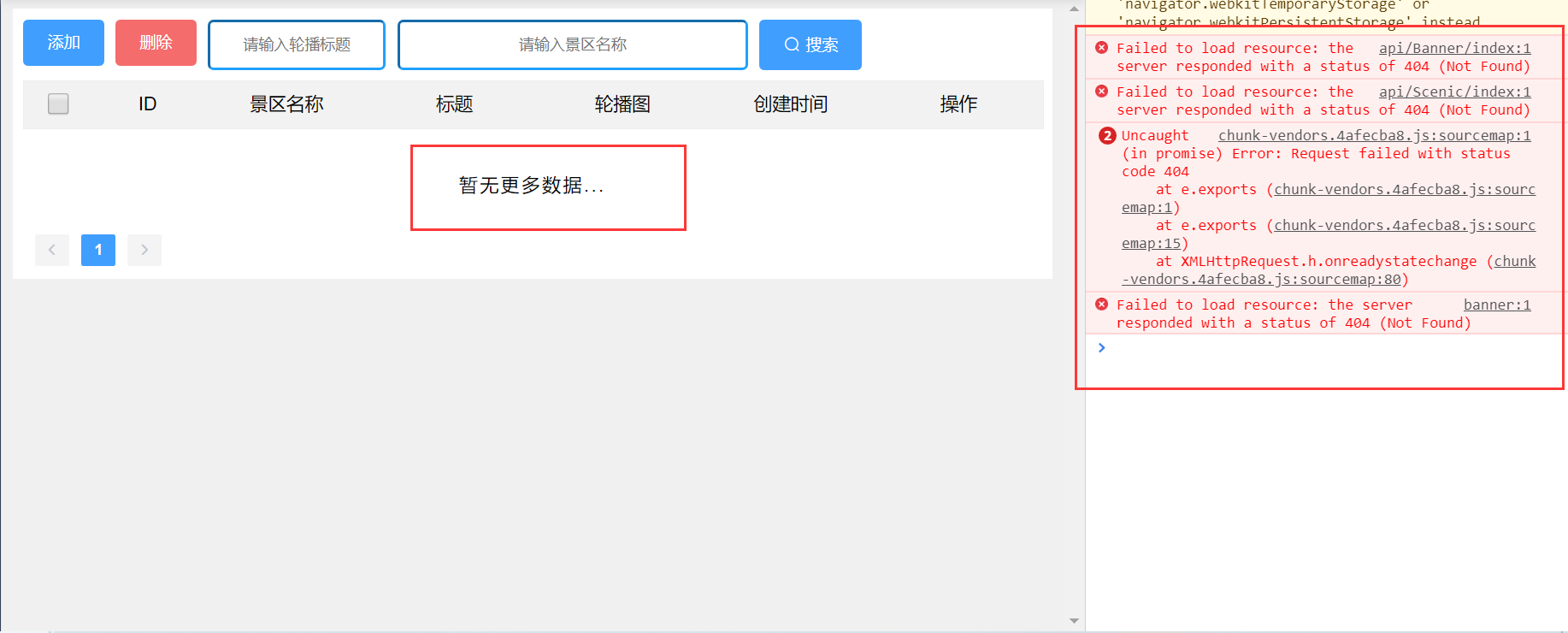alpcOj Journey to the The World's Start
题目链接:http://oj.alpc.cn/en/Problem/Details?cid=17&tid=J
Jerry Prince is the fourth grade student and he goes to New-Lodnon to visit the most popular amusement park “The World’s Start”.
An airport he arrives at is next to the first stop of the metro line. This line has n stops and “The World’s Start” is on the last of them. The metro of New-Lodnon is pretty fast so you may assume that you can get from a stop to the next one in just one minute.
题目大意:有从左到右有1-n共n个车站,有n-1种车票,每种票有固定的价钱,每种最多可以坐1-(n-1)站,每个人只能持有一种车票,下车后可以继续上车(每次上车后可以中途下车,但最多做车票对应的站数),但每次下车都要再上车都要花费一定时间,第1和n站上车不花费时间,车从每行进一站需要一分钟,问在t时间内从1-n站话费的票价最低是多少。
解题思路:
这道题的关键在于如何求每种票到达终点所需的最少时间,如果找出了每种票到车站的最少时间,再直接判断哪种票最便宜就好了。
对于求每种票的时间,最直观的想法是对每一种票进行dp,设dp[i]为到i站所需的最少时间,L为此票最多能乘坐的站数,time[i]为在此站下车又上车的时间。
dp[i]=min(dp(i-t))+time[i] 1<=t<=i-L
对于n-1种票,每种票枚举n个车站,枚举到每个车站时还要向前推L个,复杂度为n^3
但我们会发现,车票行进距离越大,所需的总时间越小,因为假设n站的最优解(也就是最优停车位置已定),n+1站的车票也能在相应的停车位置停车,反之则不能,所以n+1站一定包含n站最优解。这样我们就可以二分查找所需时间小于等于t-(n-1)的车票就好了。复杂度n^2*logn
对于每次dp,我们找区间中的最小值时,可以采用单调队列的方法来计算区间最小值,这里因为要根据位置判断是否剔除,所以我在单调区间里保存的是位置,详情见代码。复杂度n*logn 。
AC代码:
#include <iostream>#include <cstring>#include <cstdio>#include <cstdlib>#include <cmath>#include <string>#include <vector>#include <list>#include <map>#include <queue>#include <stack>#include <algorithm>#include <numeric>#include <functional>#define RI(N) scanf("%d",&(N))#define RII(N,M) scanf("%d %d",&(N),&(M))#define RIII(N,M,K) scanf("%d %d %d",&(N),&(M),&(K))#define mem(a) memset((a),0,sizeof(a))using namespace std;const int inf=1e9;const int inf1=-1*1e9;double EPS=1e-10;typedef long long LL;int price[55005];int time[55005];int que[55005];int n,t;LL dp[55005];int main(){RII(n,t);t-=(n-1);LL sum=0;for(int i=1; i<n; i++){RI(price[i]);}for(int i=2; i<=n-1; i++){RI(time[i]);sum+=time[i];}time[n]=0;int l=1, r=n-1;//车票的站数while(r-l>1){int mid=(r+l)>>1;int ll=1,rr=0;//单调区间的左值和右值dp[1]=0;que[1]=inf;//que数组保存单调区间里的值,注意值是位置for(int i=2;i<=n;i++){//判断是否要剔除单调区间里的值if(i-que[ll]>mid) ll++;//如果新加了一个小值 则向前覆盖while(rr>=ll&&dp[i-1]<=dp[que[rr]]) rr--;que[++rr]=i-1;//每次单调区间里的值增加一个//更新dp[i]dp[i]=dp[que[ll]]+LL(time[i]);}if(dp[n]>t) l=mid;else r=mid;}int ans;//按我的二分方法l==1可能统计不到,这里进行特判if(sum<=t) {ans=price[1];r=1;}else ans=price[r];for(int i=r+1;i<=n-1;i++){ans=min(ans,price[i]);}printf("%d\n",ans);return 0;}



































还没有评论,来说两句吧...